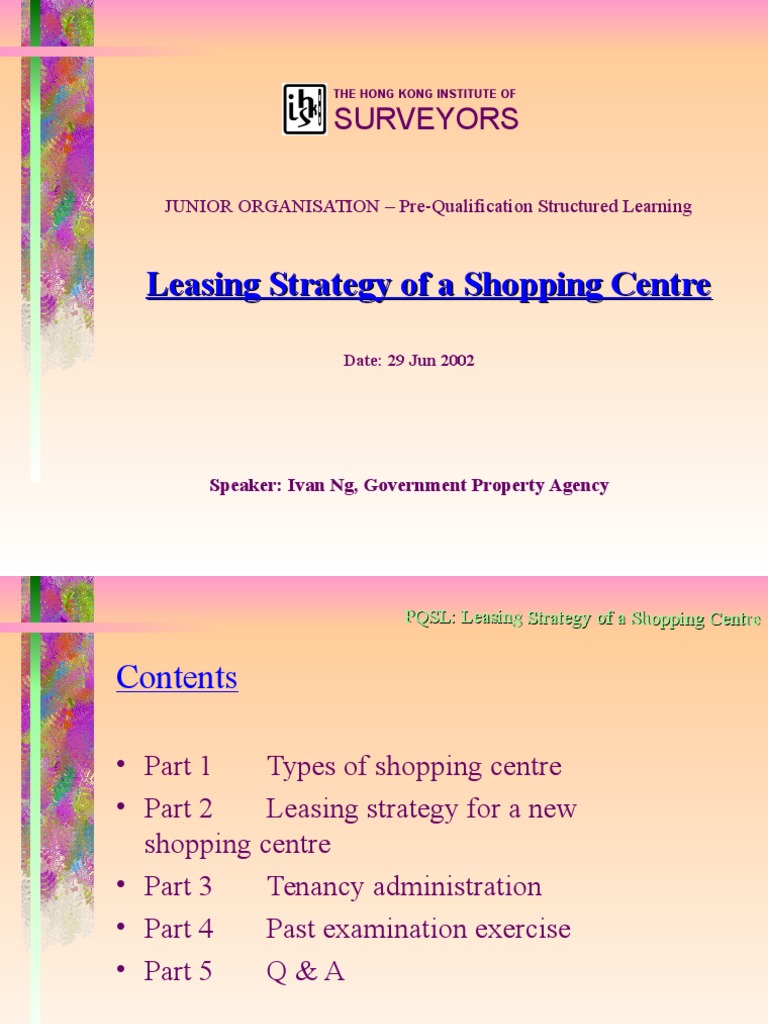

Navigating leases in shopping centers and malls is a complex process, requiring a keen understanding of the intricacies involved. A poorly negotiated lease can cripple a business, leading to financial strain and operational issues. This in-depth guide will equip you with the knowledge and strategies needed to effectively navigate this critical facet of retail expansion. We’ll examine essential clauses, determine common pitfalls, and offer actionable insights to help you secure the optimal possible lease terms. This article will cover lease types, crucial clauses, landlord responsibilities, and tenant rights. We’ll also touch upon negotiation strategies and legal considerations.
Understanding varied Lease Types
Exploring the Nuances of Retail Leases
Retail leases are often complex, with varying structures tailored to specific tenant needs and property characteristics. These structures can significantly impact a business’s financial health. The most prevalent type is the gross lease, where the tenant pays a fixed amount, and the landlord handles all operating expenses. Conversely, a net lease allocates some or all operating expenses (taxes, insurance, maintenance) to the tenant.
Other types include percentage leases, which tie rent to sales figures, and lease-option agreements, providing future flexibility for property expansion.
Analyzing the Impact of Lease Type
Understanding the intricacies of lease types is paramount. A gross lease might seem attractive due to predictable costs, but it’s crucial to factor in potential rent boosts. Conversely, a net lease offers more control over costs but requires careful budgeting to account for all expenses. Percentage leases, while often revenue-generating, can fluctuate depending on sales volume and can expose a tenant to unpredictable expenses.
Key Clauses in Lease Agreements
Deciphering Critical Lease Provisions
Lease agreements are legal contracts that must be scrutinized meticulously. Knowing and understanding crucial clauses is vital to avoid disputes. Consider clauses related to rent, payment terms, lease renewal options, and termination rights. These provisions directly impact the financial health and achievement of your business.
Common Pitfalls and How to Avoid Them
Common pitfalls often arise in lease negotiations due to lack of understanding. Ambiguous clauses about rent boosts or the inability to conduct certain types of business can prove problematic. Thorough review and negotiation by experienced professionals can mitigate these issues. Ensuring that all parties understand the clauses and their implications is crucial. For instance, clauses on repair responsibilities should be clearly defined to avoid disputes later on.
Landlord Responsibilities and Tenant Rights
Delving into Landlord Obligations
Understanding landlord responsibilities is as vital as comprehending tenant rights. Landlords typically must maintain common areas, offer necessary access and ensure compliance with pertinent building codes. However, landlords’ obligations can vary based on lease agreements and local regulations. Review the lease agreement diligently for clarity on responsibilities.
Understanding Tenant Rights
Understanding tenant rights is equally crucial to ensure a fair and mutually beneficial lease agreement. Tenants have the right to access the property, conduct business in compliance with the lease, and receive notice of repairs and maintenance.
Negotiation Strategies for Optimal Leases
Strategies for Strong Negotiation Outcomes
Negotiation plays a crucial function in securing the most favorable lease terms. study industry rates for similar properties to establish a baseline for your lease’s terms. A strategic approach to negotiation, combined with expert advice, can be invaluable in ensuring optimal terms. A clear understanding of your needs and the industry landscape will strengthen your position.
Conducting Thorough study
Thorough study into industry rates and lease structures in similar shopping centers or malls is crucial for effective negotiation. Analyzing industry trends can help you secure more favorable terms. Comparing current leases with those for similar spaces offers valuable data that can influence your negotiations.
Legal Considerations
Seeking Expert Legal Counsel
Navigating legal complexities is often necessary when dealing with commercial real estate leases. Consult with a commercial real estate attorney to understand the specific legal implications pertinent to your situation. Professional advice can prevent legal disputes and ensure your rights are protected.
Compliance with Laws and Regulations
Ensuring compliance with local regulations is crucial. Failing to meet specific regulations related to zoning, environmental issues, and licensing requirements can lead to costly penalties. Regular consultation with legal professionals is essential to stay informed about any changes that may impact your lease.
What are the optimal negotiation strategies for getting favorable lease terms?
Strong negotiation strategies include thoroughly studying industry rates for similar properties, having a clear understanding of your needs and the industry landscape, and presenting a well-supported case for your request. Enlisting legal counsel to guide your negotiation can offer valuable insights into navigating potential challenges. Building a strong understanding of the subject matter is crucial.
What function does a lawyer play in commercial real estate negotiations?
A lawyer specializing in commercial real estate can offer invaluable guidance throughout the negotiation process. They can help you review lease terms, determine potential issues, and negotiate favorable conditions. Their expertise can prevent costly mistakes and ensure that your rights are protected. Legal advice is integral to a achievementful and safe transaction.
How do local regulations affect lease agreements in shopping centers and malls?
Local regulations, such as zoning, environmental issues, and licensing requirements, can impact lease agreements. Knowing these regulations is crucial for maintaining compliance throughout the agreement. It’s vital to consult with legal and regulatory professionals to ensure compliance with all applicable laws in your location.
What are the varied types of retail leases, and how do they differ?
Common types of retail leases include gross leases, net leases, percentage leases, and lease-option agreements. Gross leases typically cover fixed rent with landlord-paid access-based expenses, while net leases allocate some or all operating expenses to the tenant. Percentage leases tie rent to sales, potentially offering variable revenue streams. Lease-option agreements offer future flexibility for property expansion, but may have higher costs and stricter terms.
In conclusion, navigating leases in shopping centers and malls requires careful planning and negotiation. Understanding the complexities of lease agreements, landlord responsibilities, and tenant rights is crucial for a achievementful venture. This article has offerd a thorough guide to help you navigate this process. To receive a tailored approach, consult with a commercial real estate attorney specializing in lease negotiations. Contact us today for a complimentary consultation!
